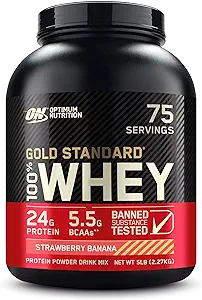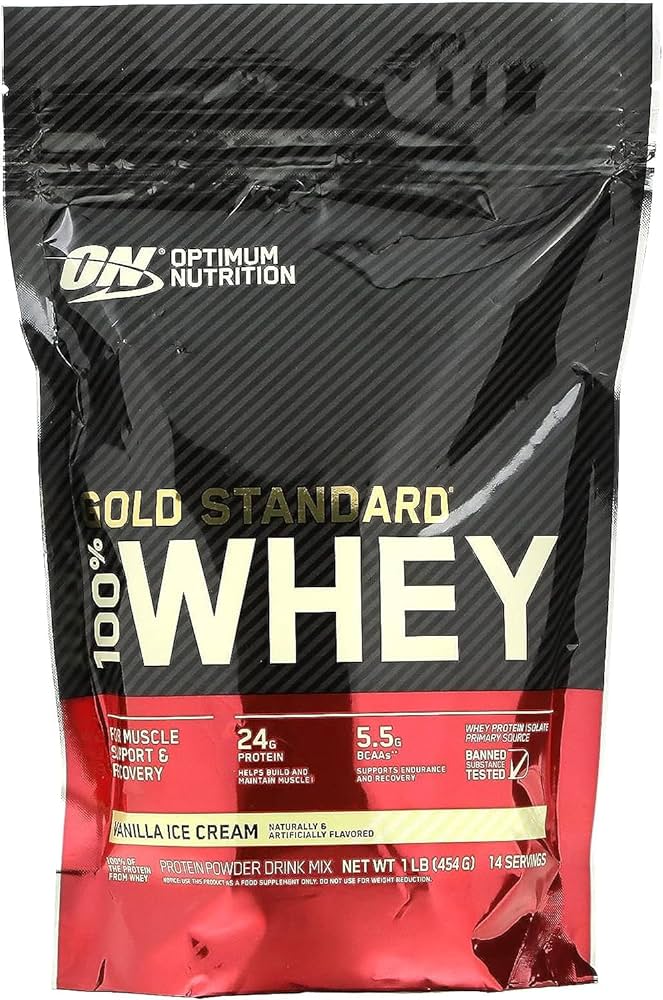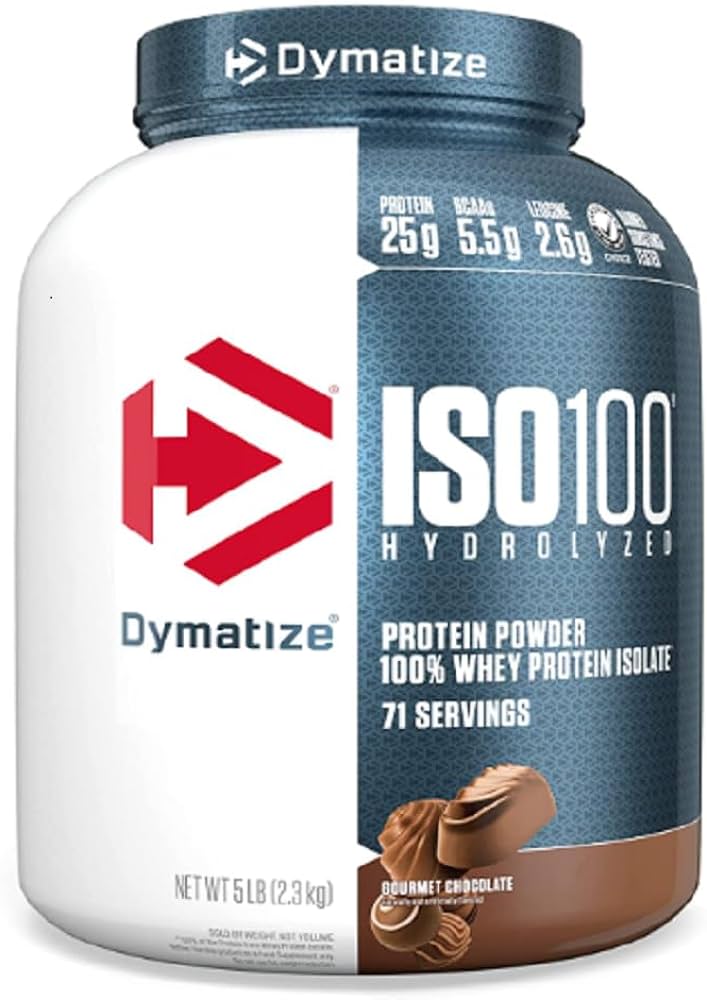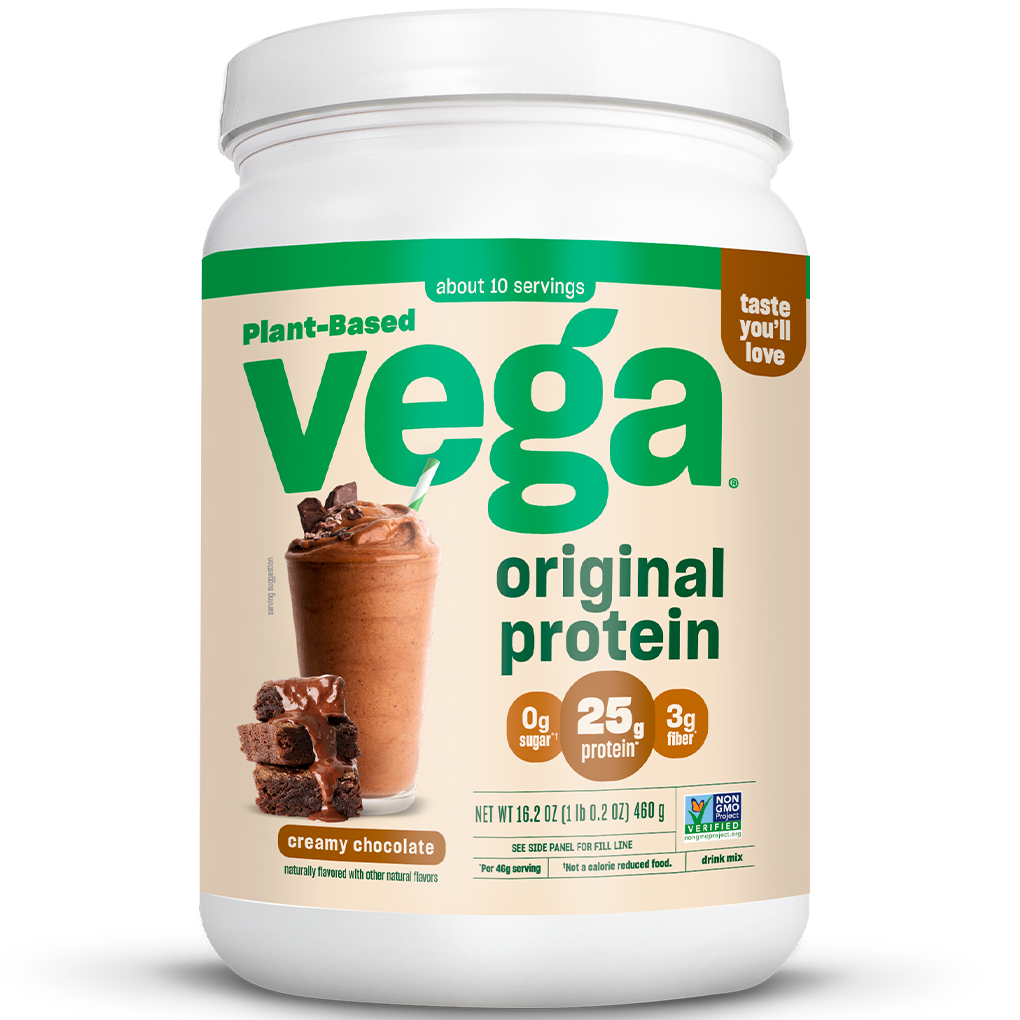
Choosing the Best Protein: A Comprehensive Guide
Protein is an essential macronutrient crucial for muscle growth, repair, and overall health. With a variety of protein sources available, choosing the best protein supplement or source can be daunting. Factors such as absorption rate, amino acid profile, dietary preferences, and individual goals all play a role in determining which protein is most suitable. Here’s a comprehensive guide to help you choose the best protein for your needs.
1. Types of Protein Supplements
a. Whey Protein
- Source: Derived from milk during the cheese-making process.
- Benefits: Rapidly absorbed, rich in essential amino acids (particularly leucine), supports muscle growth and recovery.
- Forms: Concentrate (contains some lactose and fats), isolate (higher protein content, minimal lactose and fats), hydrolysate (pre-digested for faster absorption).
- Best For: Post-workout recovery, muscle building.

b. Casein Protein
- Source: Also derived from milk, but digested and absorbed more slowly than whey.
- Benefits: Provides a steady release of amino acids over several hours, ideal for overnight or prolonged periods without protein intake.
- Best For: Sustained muscle protein synthesis, bedtime use.

c. Plant-Based Proteins
- Sources: Pea, rice, hemp, soy, and others. Suitable for vegans and those with lactose intolerance.
- Benefits: Varies by source; often rich in fiber, vitamins, and minerals. Complete or complementary protein profiles when combined.
- Best For: Vegan or vegetarian diets, lactose intolerance, sustainable protein sources.

d. Egg White Protein
- Source: Derived from egg whites, offering a complete protein profile.
- Benefits: High biological value, meaning it's well-absorbed and utilized by the body.
- Best For: Allergy-friendly alternative to dairy-based proteins, high-quality protein source.

e. Collagen Protein
- Source: Derived from animal connective tissues (e.g., bones, skin).
- Benefits: Supports joint, skin, and bone health due to high collagen content. Does not contain all essential amino acids.
- Best For: Joint health, skin elasticity, hair and nail strength.

2. Considerations for Choosing Protein
a. Fitness Goals
- Muscle Building: Whey, casein, and egg white proteins are excellent choices due to their high amino acid content and absorption rates.
- Weight Loss: Protein powders with lower calorie and carbohydrate content, like whey isolate or plant-based proteins, can aid in satiety and muscle preservation during caloric restriction.
b. Dietary Restrictions
- Lactose Intolerance: Opt for lactose-free options such as whey isolate or plant-based proteins.
- Vegan or Vegetarian: Choose plant-based proteins like pea, hemp, or soy that provide complete or complementary amino acid profiles.
c. Digestibility
- Sensitivity: Some individuals may have digestive sensitivities to certain proteins. Consider hydrolyzed versions or alternative sources if issues arise.
d. Quality and Purity
- Ingredients: Look for protein supplements with minimal additives, fillers, or artificial ingredients. Opt for trusted brands with third-party testing for purity and quality.
3. Tips for Using Protein Supplements
a. Timing
- Post-Workout: Consume protein within 30-60 minutes after exercise to support muscle recovery and growth.
- Throughout the Day: Distribute protein intake evenly across meals to maintain muscle protein synthesis.
b. Dosage
- Individual Needs: Aim for 0.8-1.2 grams of protein per pound of body weight daily, adjusting based on activity level and goals.
c. Mixing and Consumption
- Shakes: Mix protein powder with water, milk, or a smoothie for convenience and palatability.
- Recipes: Incorporate protein powder into recipes like pancakes, muffins, or energy bars for added nutrition.
4. Popular Brands and Recommendations
a. Optimum Nutrition (ON)
- Known For: High-quality whey and plant-based protein supplements with a range of flavors and formulations.

b. Dymatize Nutrition
- Known For: Diverse protein options including whey, casein, and blends, formulated for various fitness goals.

c. Vega
- Known For: Plant-based protein powders free from artificial flavors and sweeteners, suitable for vegan diets.

5. Conclusion
Choosing the best protein supplement or source depends on individual preferences, dietary restrictions, fitness goals, and lifestyle factors. Whether you opt for whey for its rapid absorption, plant-based proteins for sustainability, or collagen for joint health, selecting the right protein can significantly impact your overall health and fitness outcomes. Evaluate your specific needs, experiment with different types if necessary, and consult with a nutritionist or healthcare provider for personalized recommendations. With the right protein choice, you can enhance muscle growth, support recovery, and optimize your overall nutritional intake effectively.
